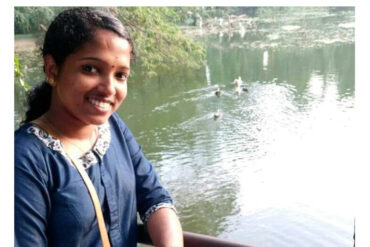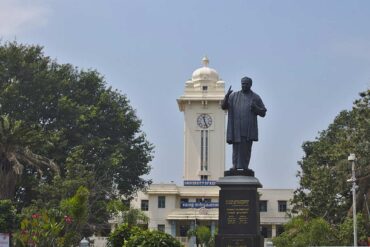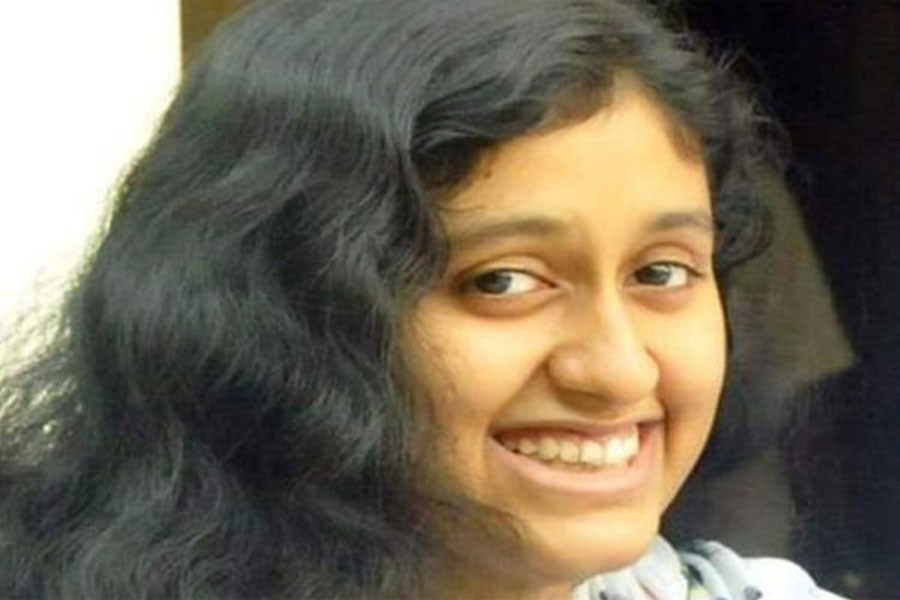A promising young student with a stellar academic record in a premier institute committing suicide inevitably becomes grist to the rumour mill. In an elite institution like the Indian Institute of Technology (IIT), there exists an institution within the institution, a sort of wheel within a wheel. This immediate support system for any Malayali student, in an institution outside the state naturally comprises fellow Malayalis. When an institution fails its wards, it is also a failure of this support system. Without venturing into speculative territory I would like to recount my experience as a student at New Delhi’s quasi-elite Jawaharlal Nehru University (JNU).
Politics is the only glue and solace that holds the Malayali intellectual community together. Cultural cohesiveness unfortunately is mostly absent. And IITs are notoriously apolitical campuses. The absence of a conducive political milieu is immensely detrimental even to those Malayali students who are apolitical.
During my stay in JNU as a masters and later research student, I faced umpteen instances of ostracization and humiliation from my own co-religionists hailing from my home state of Kerala. It was only due to the love and affection shown me by professors from Bengal and other parts of North India, that I survived unscathed. (All the three professors who showed me the door ironically were from the South). Suicide was always an option. I had to consult multiple counsellors who never could grasp the depth of my issue as comprehensively as someone from Kerala could have.
Crowd mentality detests its individuals. Malayalis love their crowds and are immensely sociable. But when students from Kerala venture out into the metros, they have to face a different crowd. Ironically, it is those students from upwardly-mobile backgrounds who find themselves perplexed by the realignment of their well-set middle-class belief systems. Their rural brethren, with their throw-it-all-to-the-wind bravado, cope marvellously well. The super elite too do well. But there is a world in between. For them, a support system—financial, emotional, fraternal—is often sorely lacking.
Ostracism is an art that Malayalis have perfected. This snubbing intensifies exponentially in elite campuses outside Kerala. There was a kind of organizational factionalism amongst my own co-religionists. Their very organization was based on factionalism, which meant conducting various religious and social gathering on different days of the week, following academic and amorous pursuits on cabalistic lines where only the factional who’s who in the campus were welcome.
Kerala, for all its literate pretensions lacks the kind of educational infrastructure that even the neighbouring states of Tamil Nadu or Karnataka possess. Such an ecosystem cannot be realised in a top-down manner but has to be organically built up. This is a long and continuous process. The failed Nalanda University experiment is a case in point. So long as Kerala lags behind in higher education facilities, the smartest Malayali students will seek greener pastures outside the state. As provincials in the metropolis, they are often faced with a situation where everyone enjoys metropolitan life to the hilt, albeit within countryside cliques, which simply shun the aberrant ones. Those with a different dressing sense, idea of morality or sexual orientation are not just disciplined, but simply shunned, as if they do not exist. This indifference shown by the mainstream can be the unkindest cut of all.
Nowadays ragging is a serious offence and still a few sophomores indulge in it. Before legal intervention laid it to rest, there existed the disgusting practice of hazing, in professional colleges outside Kerala. Those who found the most sadistic pleasure in the torture and humiliation of freshmen from Kerala were often fellow Malayalis. Now that this “tradition” has been outlawed, it finds its way back in umpteen deceptive ways, like moral policing and bullying. “Ninakku oru thattamittoode penne?” (can’t you wear a scarf you stupid little girl?)—is the refrain, sometimes made in jest, still hurtful all the same. Deadliest among them is social ostracism.
Until Kerala can manage to create and foster institutions of higher education, students will continue to migrate; they have to be provided with a systematic support system and counselling mechanism outside the state. Young scholars should not be left to the mercy of a capricious social support mechanism. Kerala is a place that still fosters village mentality with a vengeance. Wherever Malayalis go, they spontaneously form cabals, cliques and various groups, on mostly parochial, and even on communal grounds.
Elite places of learning have to open up sooner or later and let more students in. In the case of IITs, these are the Dalit and OBC students. The University town of Oxford has its own Dosa Shop where the clientele is mostly South Indian. A substantial Malayali student community is absent but it is only a matter of time. But once the place becomes less elitist and more Indians start studying, cliques appear and there are no castes without outcastes.
The snuffing out of the life of a young scholar should make us ponder about the kind of society we ourselves have fostered.







